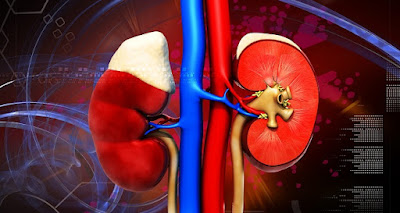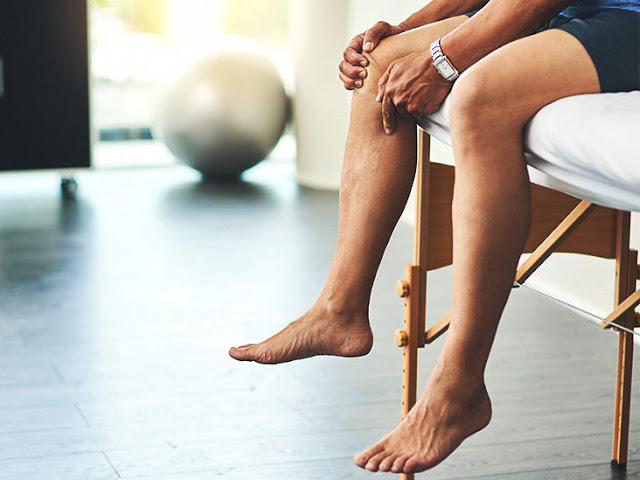Can Continuous Dialysis cure an Acute Kidney Injury?
Yes, Acute Kidney Injury can be treated with continuous dialysis. Mostly, dialysis may only be needed for a short time until renal function improves. With chronic kidney failure or end-stage kidney failure, your kidney function doesn't improve and you'll need to be on dialysis for the rest of your life.
What is Acute Kidney Injury (AKI)?
Acute kidney injury (AKI) is a sudden and recent decline in kidney function. Acute kidney injury occurs when renal function, as measured by a blood test, falls by half (50%).
Acute kidney injury often improves after a few days or weeks. This is usually caused by stressing the kidneys from problems elsewhere in the body, rather than a disease that started in the renal. However, if you are identified as being at risk, it is essential to be evaluated and treated by a specialist to ensure the problem does not develop. Many cases can be easily treated with Ayurvedic kidney treatment.
How is Acute Kidney Injury Detected?
Doctors usually do blood tests to confirm a person has Acute kidney injury. Acute kidney disease may have no symptoms other than the symptoms of the disease that caused it. If severe, symptoms such as nausea and general malaise may occur, and the amount of urine may decrease. However, the amount of urine output is not always a reliable sign of AKI, so blood tests are necessary.
A blood test is used to diagnose Acute kidney injury which is a waste product in the blood called creatinine. If the level of creatinine is doubled, it means that renal function is reduced by half and there is AKI. If creatinine levels increase but do not double, AKI is not yet fully developed, but action may be necessary to take to avoid Acute kidney injury. Creatinine isn't the only measure of AKI, and it's best to combine your creatinine results with other factors, such as the amount of urine you produce, to help your doctor assess how severe your AKI is.
What Treatment Do I Need For Acute Kidney Injury?
Treatment depends on the cause of AKI and its severity-- If you are dehydrated and have an infection, a common cause of AKI, a needle will be inserted into your arm to give you fluids and antibiotics.
- It is usually important to monitor the amount of urine excreted, so a thin tube called a catheter is inserted into the bladder and the urine flows into the drainage bag.
- In rare cases, when AKI is severe and there is a buildup of waste chemicals in the blood or too much fluid in the body, dialysis treatment may be necessary. Dialysis is treatment with an artificial kidney.
Ayurvedic Treatment for Acute Kidney Injury (AKI)
According to Ayurveda, the kidneys are the root of madovahasrotas (channels of fat tissue) and consist of rakta and medadhatus (blood and fat tissue). Therefore, diseases originating from the dhatus (tissue) can affect the renal and cause kidney failure. Whether acute kidney injury or chronic kidney failure, nothing works better than Ayurvedic kidney disease treatment. Ayurveda is the most powerful treatment method which offers the best ayurvedic treatment for Acute Kidney Injury. It contains natural ingredients which are very effective in Acute kidney failure ayurvedic treatment.
Medicinal enema is infused through the urinary tract to remove accumulated toxins in the body and carry out complete detoxification. It eliminates aggravated dosha that might cause kidney problems. Some herbal remedies are also used to repair renal damage such as Punarnavadi Guggulu, Gokhuadi Guggulu, Chandraprabha Vati, Punarnavadi Qadha, and Haritaki.







Comments
Post a Comment